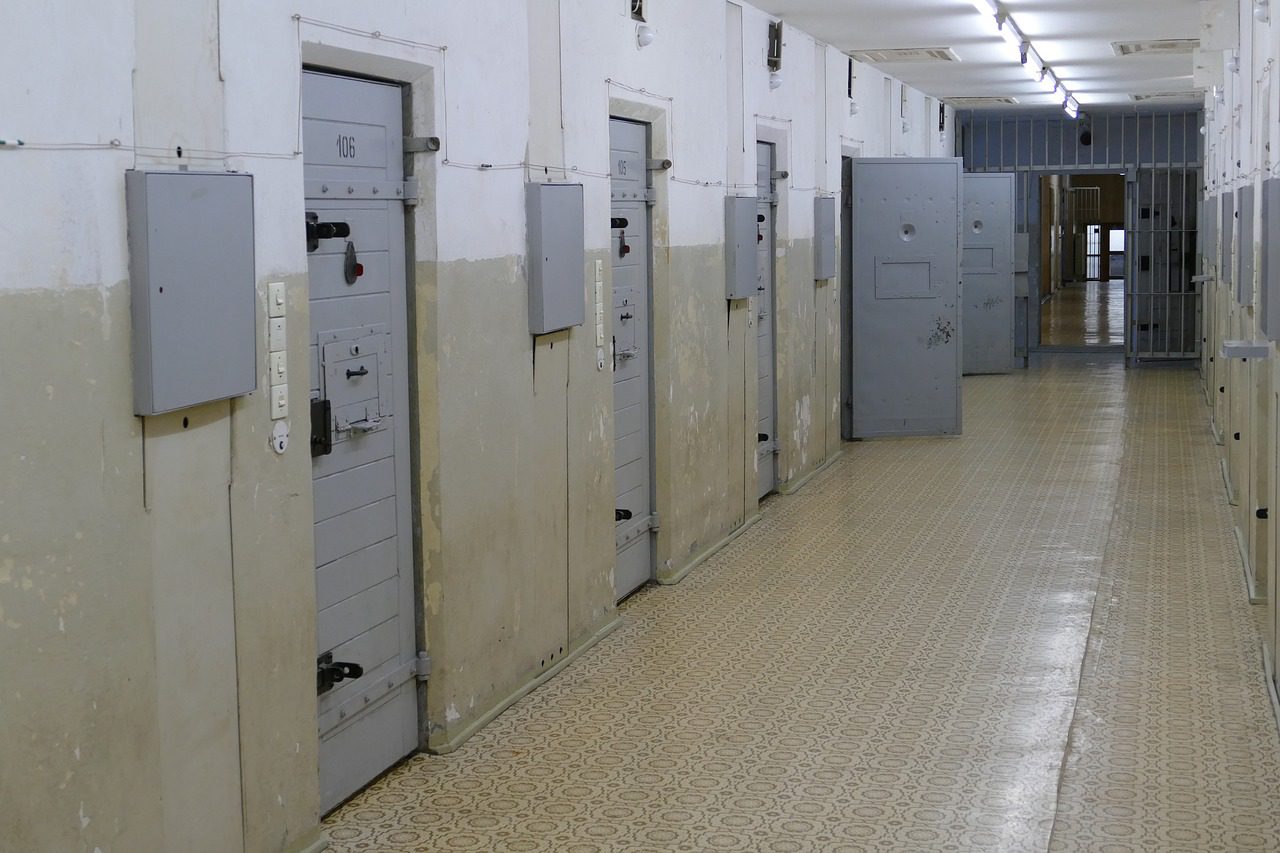
Louisiana’s over-incarceration is part of a deeply rooted pattern
An inmate serving a jail sentence rests his hand on a fence. REUTERS/Joshua Lott
A recent U.S. Justice Department report on a decade-old practice in Louisiana of deliberately keeping people in jail for months, sometimes years, past their release date reads as though officials are actively working to reclaim the mantle of “world’s prison capital.”
Louisiana had the highest incarceration rates in the country over the last decade, by fairly wide margins. The state’s population is roughly 62% white and 33% Black, but those numbers nearly flip behind bars, where 34% of inmates are white and 64% Black – almost double Black people’s representation in the general population.
The state, dubbed the “world’s prison capital” in a 2012 investigation by The Times Picayune, among other news outlets, now holds another dubious distinction: It is the only jurisdiction in the U.S. known to systematically keep people in jail well past their release dates, even though officials have been aware of those violations of the Constitution — and human rights — for more than a decade, according to the Justice Department’s Jan. 25 report.
At the same time, Louisiana is remarkable for its use of the forced labor of incarcerated people. In Louisiana, mostly Black prisoners pick cotton, at gunpoint, on former slave plantations. They have cleaned up the 2010 BP oil spill, have staffed “prison rodeos,” where vulnerable inmates are charged by a bull for public entertainment, and have cleaned and cooked meals in the state Capitol.
Last year, residents in five states voted to remove constitutional language that allows forced labor as punishment for crime, but Louisiana was the lone holdout.
Taken together, Louisiana’s mass incarceration practices reflect the deep roots of racial bias and the exploitation of Black labor in U.S. law enforcement.
Indeed, those who wish to prolong Louisiana’s system of unpaid slave labor have said as much, describing it as a necessary evil — “similar to the claims made two hundred years ago by plantation owners,” legal scholar Michele Goodwin observed in a 2019 law review article. Goodwin is a professor at the University of California, Irvine School of Law.
